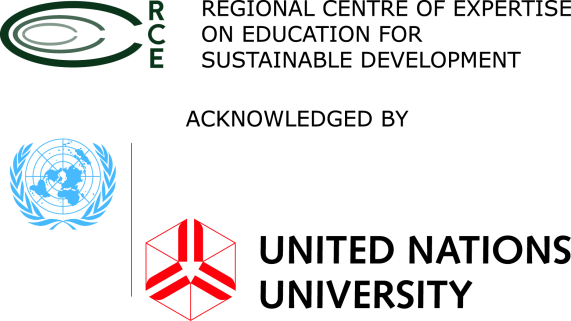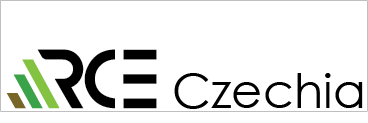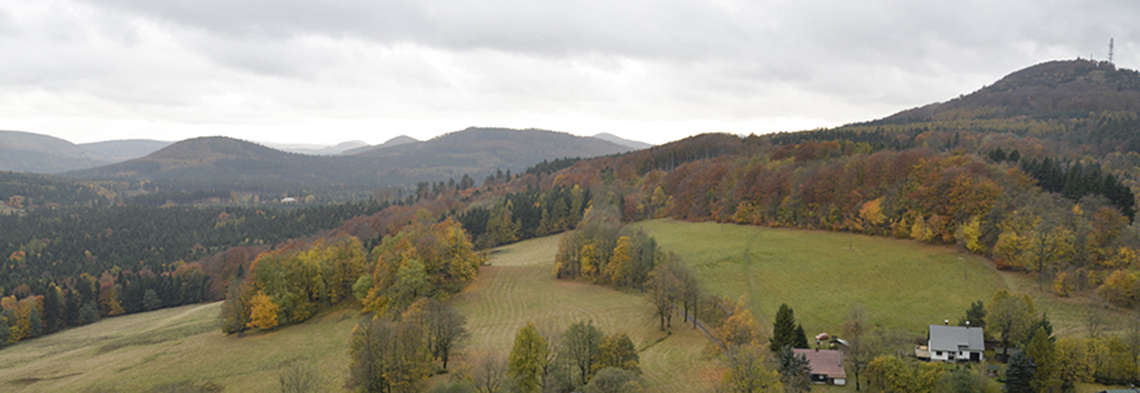The project will create an environment for transformational learning to support pupils’ self perception of themselves as agents of change. Empowered to imagine and contribute to building alternative futures, the project will support pupils' capacities for decision-making and making their voice heard, to reflect critically on the values shaping society today and active participation in creating a just and regenerative society.
We will focus on specific goals:
- Development of practical teaching supporting transformational learning, futures thinking, the development of competencies for sustainable development and agency of pupils -
classroom activities are based on practically oriented teaching, where students under the guidance of a teacher and artists engage in real-world change-making activities. - Support for activating teaching methods with emphasis on creative education, integrated thematic teaching, interdisciplinary links - in cooperation with teachers and artists. Will be implemented in school programs, based on activating methods, creative learning, using artistic methods and tools.
- Development of values reflection, critical thinking, social learning, creativity, problem-solving skills and other competences of pupils. The project embeds processes of participation and collaboration so that pupils have the opportunity to engage in important decisions (eg selection of an artist/artistic medium, identifying project themes based on a mapping process of pupils’ interest and local sustainability challenges, selection of possible activities, implementation of a public forum). Activities offer place-based learning experiences, connection with real life in the local community, collaboration, responsibility towards the group for fulfilling their tasks, and presentation of the results to the public.
Approach
The approach we use is the Creative Partnership program, a methodology developed by the international foundation Culture, Creativity and Education which establish partnerships between teachers and students with experts from the fields of art and creative professions. We will also pilot implementation of the Children's Think Tank, which deepens the Creative Partnership class model to become a more immersive experience.
The theoretical basis of the projects is based on Action Competence (Jensen and Schack 1997), Nerstrom’s (2014) model of Transformative Learning, the Lundy Model of Participation (Lundy, 2007), and Creative Habits of Mind (Lucas et al, 2013).
Results
The project will support more than 400 students in 20 classes in 6 schools in Prague. Action research will evaluate the educational goals and a evaluation report will summarise the results.





